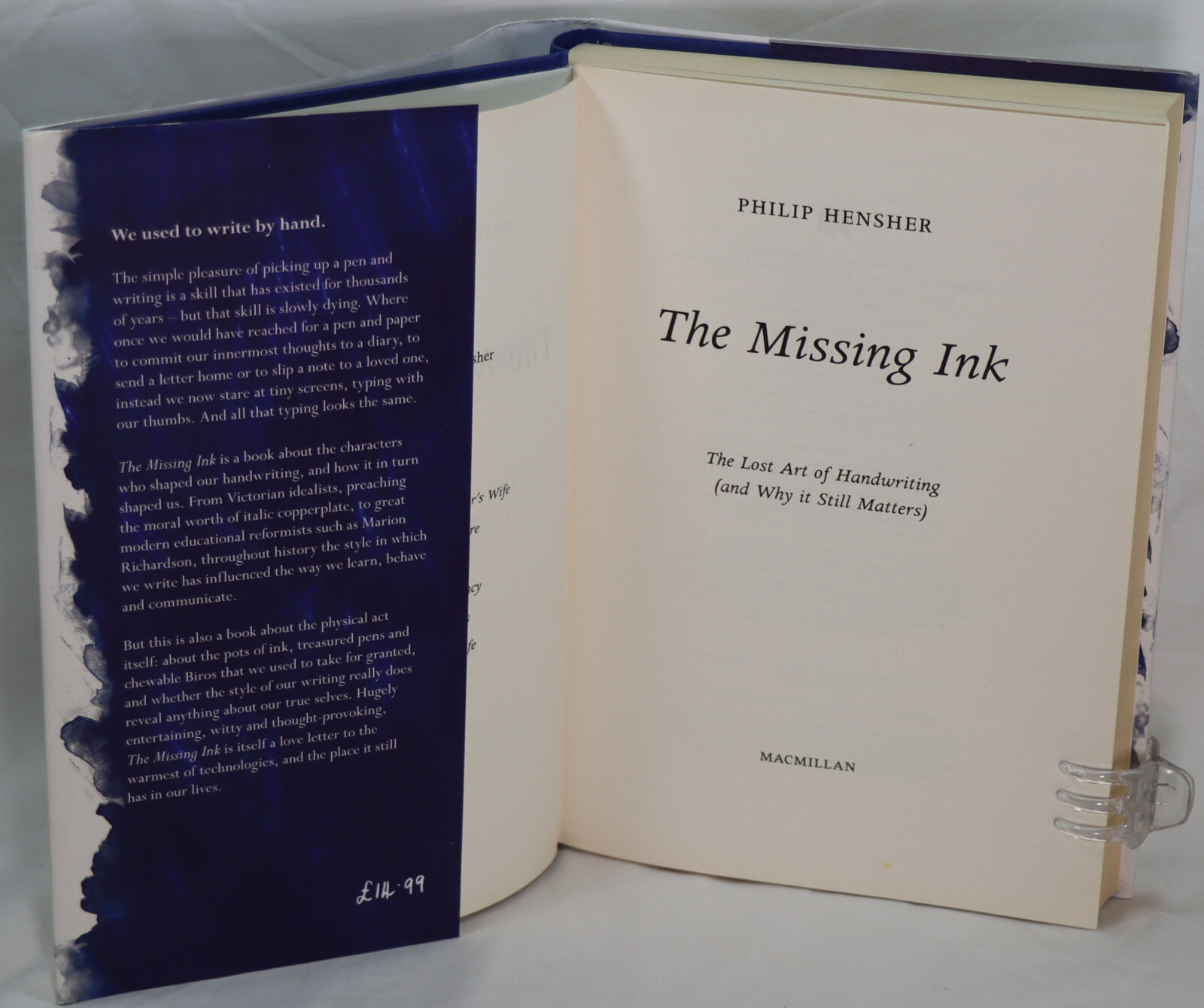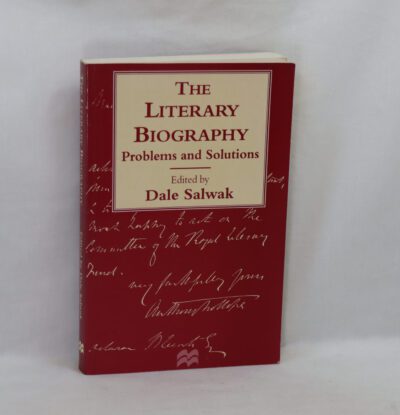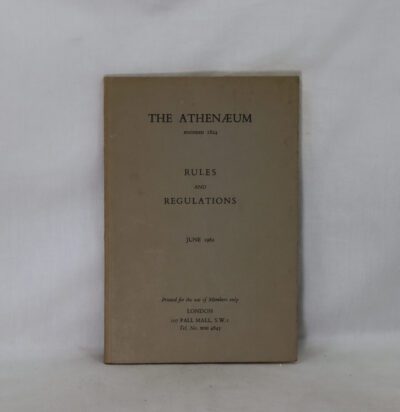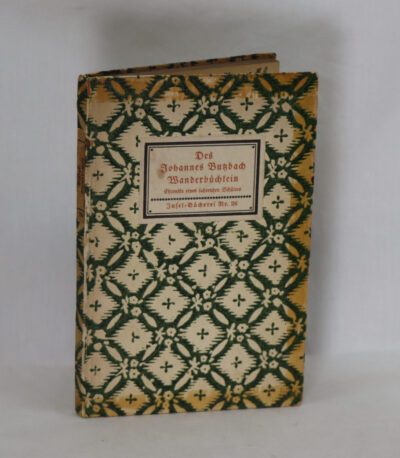The Missing Ink.
By Philip Hensher
ISBN: 9780865478947
Printed: 2012
Publisher: Macmillan. London
| Dimensions | 17 × 23 × 3 cm |
|---|---|
| Language |
Language: English
Size (cminches): 17 x 23 x 3
Condition: Fine (See explanation of ratings)
Your items
Item information
Description
In the original dustsheet. Navy cloth binding with silver title on the spine.
-
F.B.A. provides an in-depth photographic presentation of this item to stimulate your feeling and touch. More traditional book descriptions are immediately available.
A smart, funny book about the rise and slow death of the art of handwriting; and why it still matters
- Review
“We all communicate, of course (tweet tweet tweet, and yack yack yack on the mobile), but not by pen and ink. Does it matter? I didn’t have to read 274 pages to be persuaded that it does, but I am very glad indeed that those pages were written and that I have read them. From this book, the wisest and wittiest argument imaginable for the preservation of handwriting, I have learnt so much, and by it have been so happily entertained, that I am compelled to recommend it to everyone.” –Literary Review -
“The demise of handwriting is forever being announced, but Hensher’s sprightly celebration of the art of making marks on paper suggests the keyboard hasn’t yet done for the nib.” –Daily Telegraph
-
“This witty, heartfelt book conveys superbly the pleasures of writing by hand and the role it still has to play in our lives.” –Sunday Times
-
“Its advocacy of one of the most humane and pleasurable forms of self-expression is pretty much irresistible.” –Guardian
The Author, Philip Hensher was born in 1965 in South London, where he still lives. His nine books include Kitchen Venom, which won the Somerset Maugham Award, The Northern Clemency, which was shortlisted for the Man Booker Prize, King of the Badgers, and, in April 2012, Scenes from Early Life. He is a regular contributor to the Independent, the Mail on Sunday, and the Spectator. Son of Raymond J. and Miriam Hensher, his father a bank manager and composer and his mother a university librarian, Hensher was born in South London, although he spent the majority of his childhood and adolescence in Sheffield, attending Tapton School. He did his undergraduate degree at Lady Margaret Hall, Oxford, before attending Jesus College, Cambridge, where he was awarded a PhD in 1992 for work on 18th-century painting and satire.
Handwriting is the writing done with a writing instrument, such as a pen or pencil, in the hand. Handwriting includes both block and cursive styles and is separate from formal calligraphy or typeface. Because each person’s handwriting is unique and different, it can be used to verify a document’s writer. The deterioration of a person’s handwriting is also a symptom or result of several different diseases. The inability to produce clear and coherent handwriting is also known as dysgraphia.
Want to know more about this item?
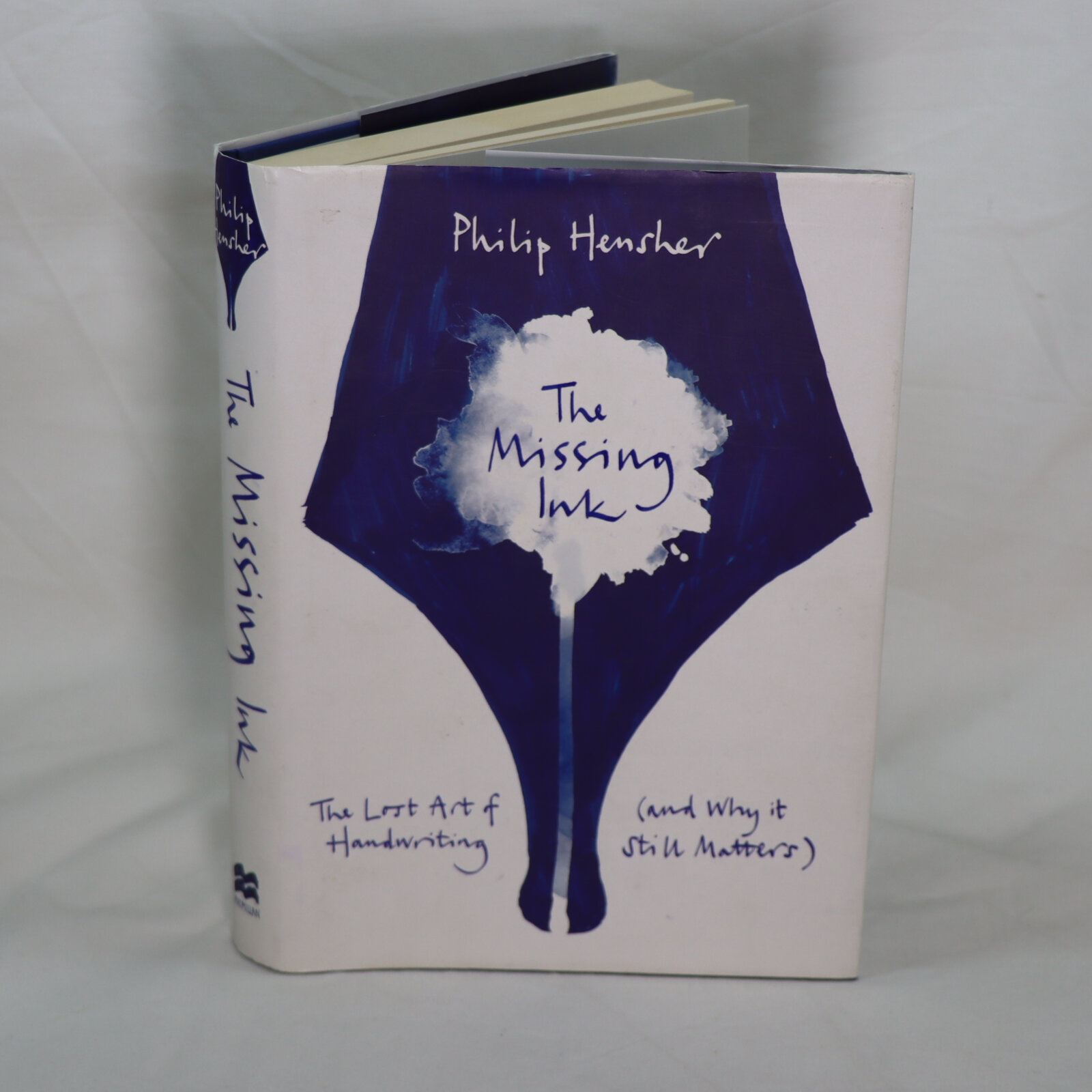
Related products
Share this Page with a friend

